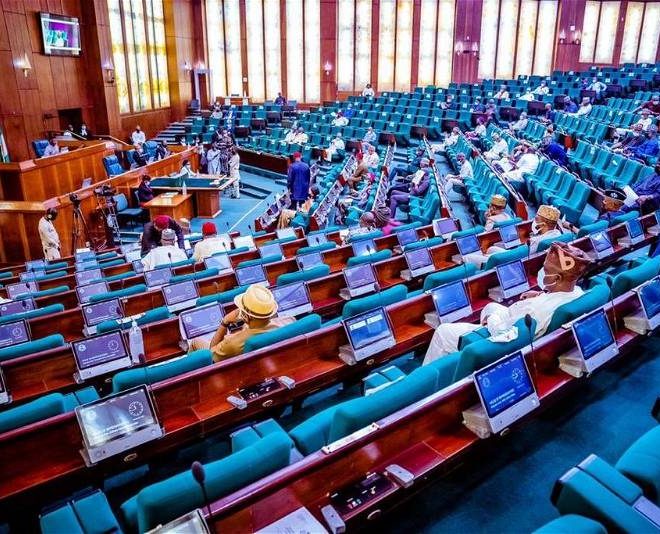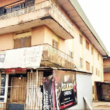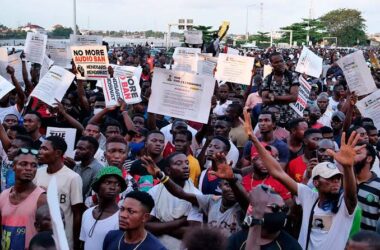The House of Representatives has directed the Minister of Communications, Innovation and Digital Economy, Dr. Bosun Tijani, and the Nigerian Communications Commission (NCC) to put a hold on the proposed increase in telecommunications tariffs. The lawmakers insist that telecom services must first improve before any price adjustment can be considered.
This decision came after a motion of urgent public importance was raised during Tuesday’s plenary session by Hon. Oforji Oboku. While presenting his motion, Oboku recalled that Dr. Tijani had earlier announced the plan for a tariff hike after a stakeholders’ meeting with Mobile Network Operators (MNOs) in Abuja on January 8, 2025.
Telecom companies have justified the planned increase by pointing to rising costs of investment, the need for better network infrastructure, and the growing demand for digital services in sectors such as education, banking, and healthcare. Oboku noted that for over a decade, telecom operators under the Association of Licensed Telecom Operators of Nigeria (ALTON) and the Association of Telecommunication Companies of Nigeria (ATCON) have been pushing for a tariff review.
However, the National Association of Telecoms Subscribers has strongly opposed the move, describing it as an unfair burden on Nigerians who are already struggling with economic hardship and poor network services. Oboku pointed out that the companies argue for cost-reflective pricing due to economic challenges like the record inflation rate of 34.6% in November 2024 and losses caused by fluctuations in foreign exchange rates.
He stated that before any increase, telecom providers must first enhance service delivery, particularly in addressing poor network quality. Nigerians, he added, have long demanded better connectivity, and raising tariffs without fixing these issues would only worsen public frustration.
The lawmaker also warned that higher telecom costs could make life even harder for Nigerians, deepen financial struggles, and slow down the country’s plans to use technology for economic recovery. He noted that the increase could further push many into poverty, widen inequality, and disproportionately impact low-income families.
Oboku stressed the importance of affordable internet access for key sectors such as digital banking, education, healthcare, agriculture, and e-governance. He argued that fair pricing is essential for the country’s development and the well-being of its citizens.










